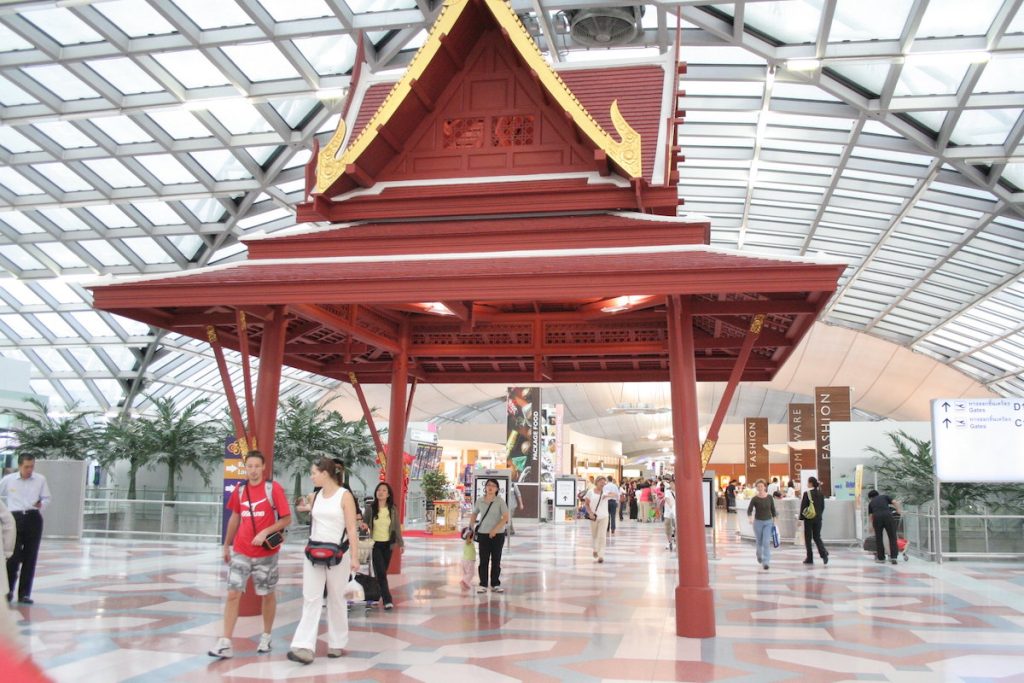Thailand is making strides in transforming its aviation industry with the introduction of a new biometric facial recognition system to streamline airport processes for travelers. Domestic travelers will first benefit from this technology, with international travelers expected to follow suit by December 1. The goal is to enhance the overall passenger experience, modernize aviation infrastructure, and reduce processing times at major airports in the country, including Suvarnabhumi, Don Mueang, Chiang Mai, Mae Fah Luang Chiang Rai, Phuket, and Hat Yai airports.
The use of AI-powered facial recognition technology for passenger identification is part of Thailand’s effort to digitize its aviation sector and align with global initiatives to modernize processes. Airports of Thailand (AOT) is leading the charge in implementing this new system, with the aim of improving efficiency and cutting down on the time travelers spend on personal identity verification. Privacy concerns have been addressed, with assurances that biometric data and travel itineraries will only be used per journey, with consent needed for data usage.
Thailand’s aviation industry has seen a strong post-pandemic rebound, with passenger numbers at major airports showing a 19% annual increase between October 2023 and September 2024. This surge in passenger traffic includes both international and domestic travelers, with over 732,690 flights recorded during this period. The country is projected to welcome almost 130 million passengers next year, with key source markets for air travel including China, India, South Korea, Russia, and Japan. The potential for growth in Thailand’s aviation sector is high, with a compound annual growth rate of nearly 4% expected over the next 20 years.
Investments in infrastructure, such as the recent opening of Suvarnabhumi Airport’s third runway, aim to support the growth of air travel in Thailand. However, there are calls for additional airports to be developed to meet future demands and ensure economic benefits for the country. Deputy Transport Minister Manaporn Charoensri has advocated for a revised master plan for airport capacity to align with market demand. There is also a need to consider the affordability of air travel in Thailand, with concerns raised about the potential impact of raising taxes on aviation. Maintaining competitive travel costs and reducing taxes could be key to boosting Thailand’s tourism industry and strengthening its position as a hub in Asia.


